Generic Nesina (Aloglipton)
Alogliptin is used in the treatment of type 2 diabetes, especially in patients whose blood sugar levels are not controlled by diet and exercise alone. Alogliptin can be taken either by itself or in conjunction with other medications. A chronic (long-lasting) illness that alters how the body uses glucose is called type 2 diabetes. Individuals diagnosed with type 2 diabetes either produce insufficient amounts of insulin or the insulin that is produced is unable to function properly in the body (insulin resistance).
Nesina Information :
Uses :
Alogliptin is used with a proper diet and exercise program to control high blood sugar in people with type 2 diabetes. Keeping blood sugar levels under control can help avoid kidney damage, blindness, nerve damage, limb loss, and issues with sexual function. Keeping your diabetes under control may also reduce your chance of having a heart attack or stroke. Alogliptin functions by raising the concentrations of incretins, which are organic compounds. Particularly after a meal, incretins increase the release of insulin, which aids in blood sugar regulation. They also lessen your liver’s production of sugar.
To get the most benefit, you should take it consistently at the same time every day. Except on your doctor’s advice, don’t stop taking the medication. Maintaining a nutritious diet and regular exercise regimen is crucial when using this medication. Diabetes management greatly depends on your lifestyle.
Precautions & Warnings :
If you are allergic to Alogliptin or any other medicines, please tell your doctor. It is not advised for children under the age of 18 to use Alogliptin. Please let your doctor know if you are expecting or nursing before taking Alogliptin. When taking Alogliptin, stay away from alcohol as it may change your blood sugar levels. Patients with type 1 diabetes and diabetic ketoacidosis should not take Alogliptin. Eat little, often, and refrain from fasting for extended periods of time when taking Alogliptin. Watch out for signs of hypoglycemia (low blood sugar), which can include frequent urination, dry mouth, dry skin, palpitations, shivering, intense thirst, and sweating. If you encounter any of the symptoms listed above, eat three glucose biscuits, five to six candies, or three teaspoons of honey or sugar right away. You should also get medical advice. Always make sure you have these with you, especially on lengthy trips.
Side Effects :
The following is a brief summary of some of the mild side effects that oral Alogliptin tablets may have. Consult your physician or pharmacist, or review the prescribing information for Alogliptin oral tablet, to find out about additional mild side effects.
Alogliptin oral tablet mild side effects that have been documented include
- Headache
- Hypoglycaemia (low blood sugar level) in combination with insulin or sulphonylurea
- Nasopharyngitis (inflammation of the throat and nasal passages)
- Upper respiratory tract infection
- Abdominal pain
- Gastro-esophageal reflux disease
- Diarrhea
- Itching
- Rash
Many medications have mild side effects that usually go away in a few days or weeks. Consult your physician or pharmacist, though, if they start to cause you problems.
Interactions :
Alogliptin may have interactions with insulin, glipizide, tolbutamide, glibenclamide, and other anti-diabetic medications.
Before taking Alogliptin, let your doctor know if you have type 1 diabetes, diabetic ketoacidosis (high blood acid levels called ketones), pancreatitis, kidney, liver, or heart issues.
Overdose :
If someone has overdosed and is experiencing severe symptoms, such as unconsciousness or difficulty breathing, call 911. If not, immediately contact a poison control center.
Missed Dose :
Try to take it at the same day every day. Do not double the dose if missed.
Storage :
Store at room temperature away from light and moisture. Do not store in the bathroom. Keep all medications away from children and pets.


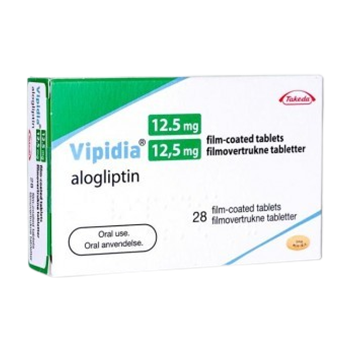
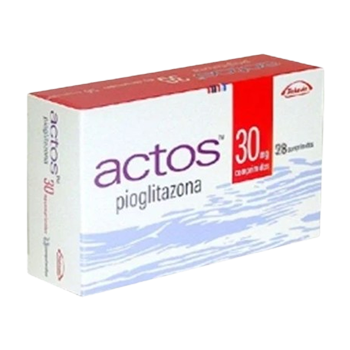
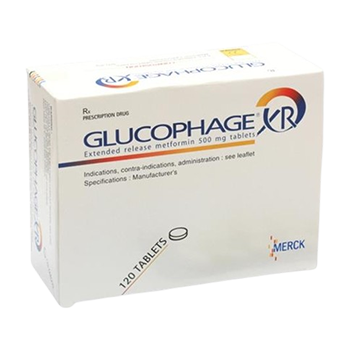
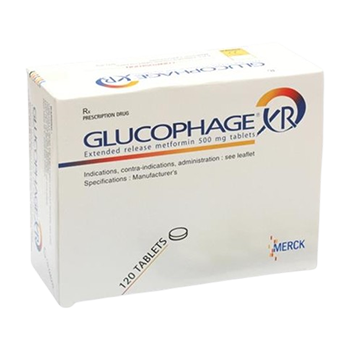
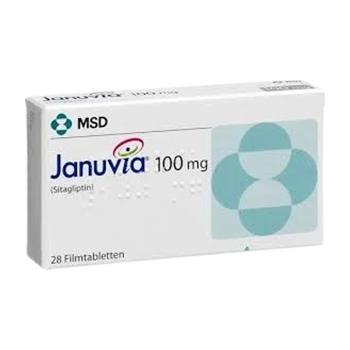
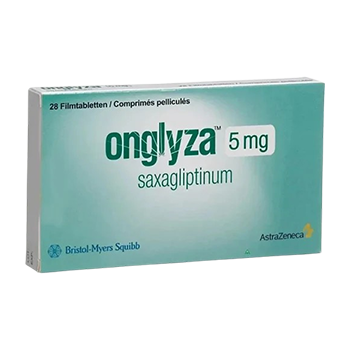
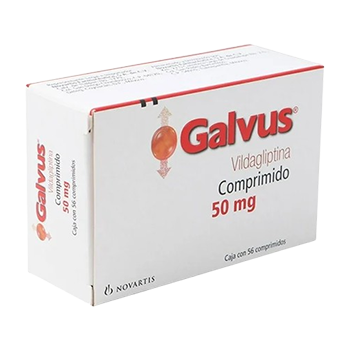




Reviews
There are no reviews yet.